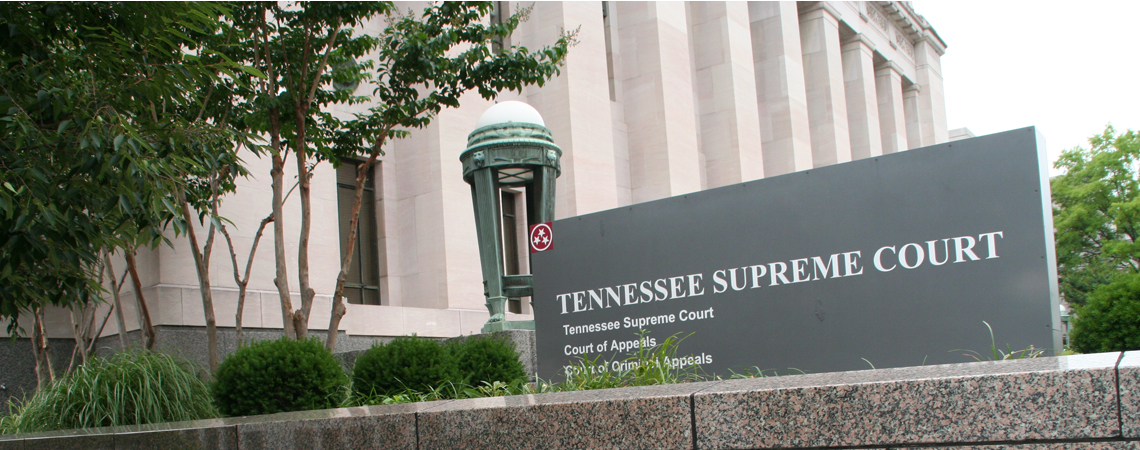Broadcasters association advises Open Records Counsel that blanket ban on photos of public records is unreasonable, inefficient
The Tennessee Association of Broadcasters has added its voice to the growing number of entities who have urged the Office of Open Records Counsel to revise its Model Public Records Policy to eliminate the option of a blanket ban on taking photos of public records. Doug Pierce with King & Ballow The Office of Open Records Counsel's model policy includes language that several government entities have adopted into their own policies and practices that would ban someone from taking a photo of a non-exempt public record with their cell phone or camera. The broadcasters association, along with the League of Women Voters of Tennessee, the Tennessee Press Association [...]

